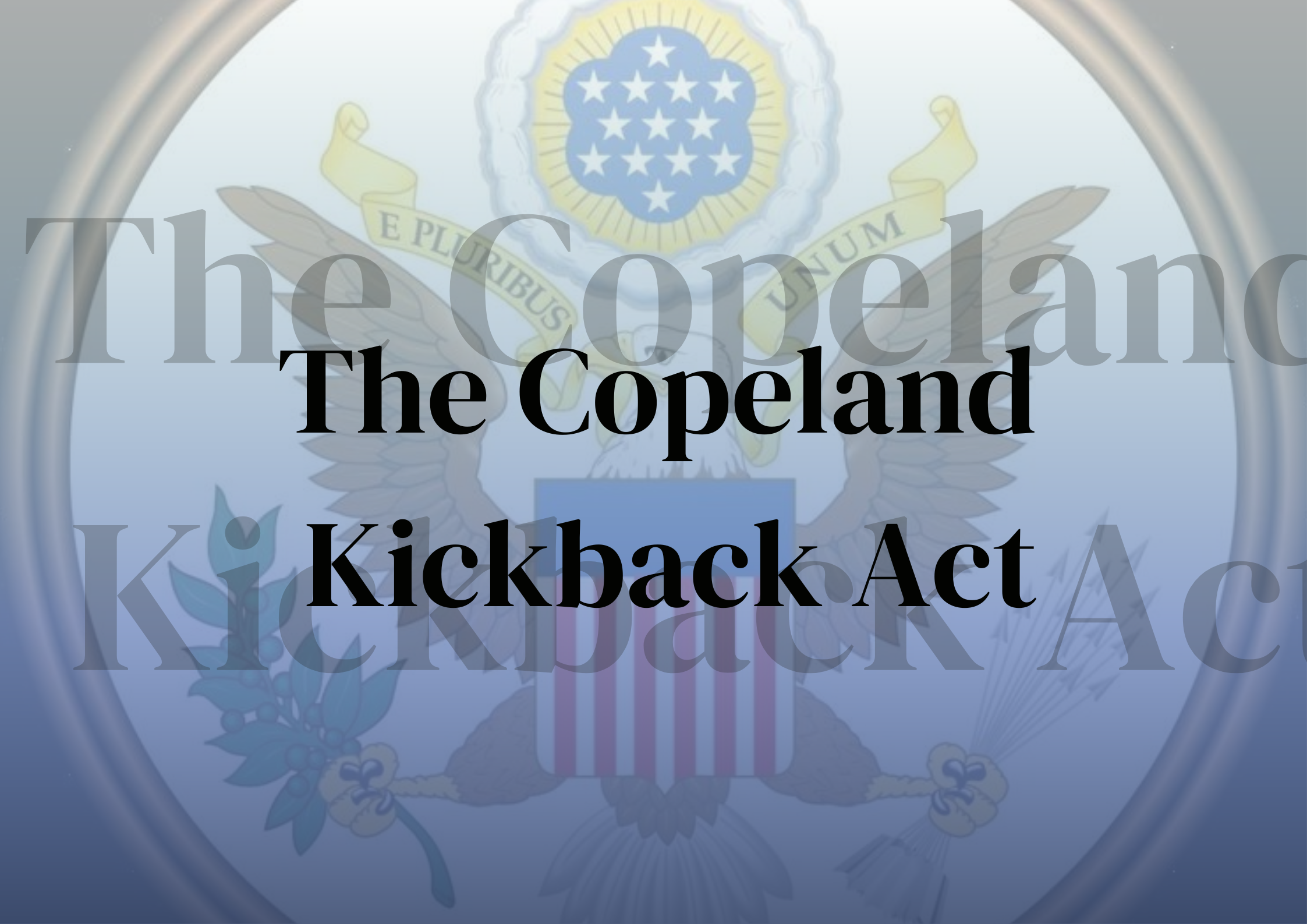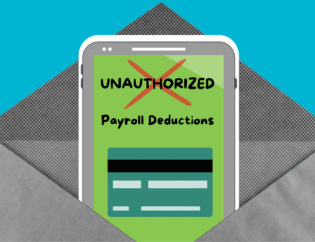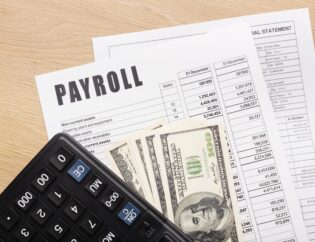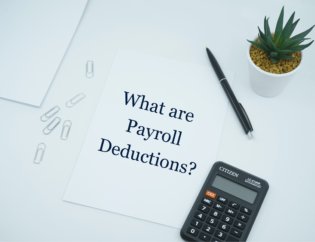
The Copeland Anti-Kickback Act is a U.S. federal law that aims to prevent the occurrence of kickbacks in government contracts involving labor. Enacted in 1934, the law is named after its sponsor, Senator Royal S. Copeland. The primary purpose of the act is to protect the interests of workers by prohibiting contractors and subcontractors from paying or receiving kickbacks related to wages, benefits, or overtime compensation.
Under the Copeland Anti-Kickback Act, it is illegal for a contractor or subcontractor to induce an employee to give up any portion of their wages rightfully earned under a government contract. The law also prohibits contractors from taking unauthorized deductions from employee wages for items such as uniforms, tools, or transportation, unless such deductions are permitted under a collective bargaining agreement or other applicable laws.
To ensure compliance with the Copeland Act, contractors and subcontractors are required to maintain accurate records of wages, fringe benefits, and other related payments made to their employees. These records must be made available for inspection by authorized representatives of the government, such as officials from the U.S. Department of Labor.
Violations of the Copeland Anti-Kickback Act can result in significant penalties and sanctions, including contract termination, fines, and debarment from future government contracts. The act is enforced by the Wage and Hour Division of the U.S. Department of Labor, which investigates complaints and conducts audits to ensure compliance.
It is important to note that while the Copeland Anti-Kickback Act primarily applies to government contracts, similar provisions may exist at the state level or in other specific industries to prevent kickbacks and protect workers' rights.










